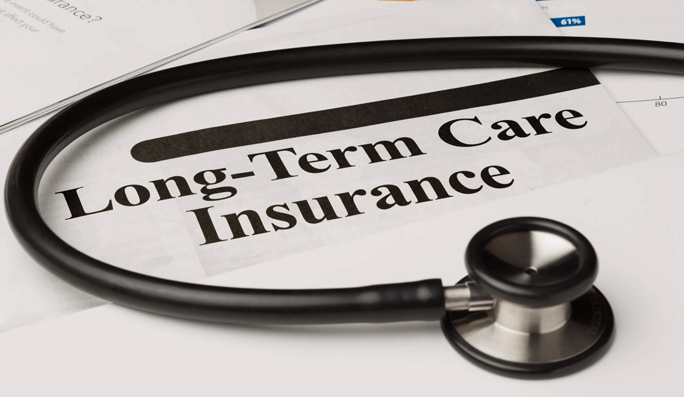Michigan Medicaid Application

Between 2013 and 2014, Medicaid involvement in Michigan jumped from 17 to 20 percent. As of May 2015, Medicaid insured 2,308,799 residents from the state, which diminished the uninsured rate by 14 percent overall.
Governor Rick Snyder revealed his support in February 2013 for the Healthy Michigan program instead of regular Medicaid expansion. Medicaid’s expansion program in Michigan is known as Healthy Michigan and signups started in April 2014. The increase in the program allowed for lower income earning adults without dependents to get medical care and services.
Under the Healthy Michigan plan, participants weren’t able to be turned down for coverage because of the presence of pre-existing health conditions. Under the Medicaid and CHIP programs in Michigan, eligibility is largely determined by income levels and medical neediness.
What’s Covered Under Medicaid
- Inpatient and outpatient hospital services are provided to individuals needing short or long-term maintenance.
- Rehabilitation services are provided for persons suffering from substance abuse issues.
- Practitioner services like chiropractor, optometrist, physician, podiatry, psychologist, dental, dental surgery, and nurse practitioner services are provided to participants under Medicaid.
- Prescription drugs are covered as a treatment method as prescribed by the doctor.
- Products and apparatus covered include dentures, glasses, durable medical equipment, prosthetic and orthotic devices, and hearing aids.
- Transport services include ambulance and non-emergency services to assist participants in getting to and from doctors’ appointments.
- Other covered services include laboratory testing, x-rays, screenings, and targeted case management services.
- Tobacco cessation programs are available for pregnant women to stop smoking under the advice of a doctor.
Who’s Covered Under Medicaid
- Non-elderly adults between the ages of 19 and 64 years of age are eligible if their family income doesn’t exceed 133 percent of the federal poverty level.
- Babies under the age of 1 whose family income doesn’t exceed 195 percent of the federal poverty level are eligible for coverage.
- Children between 1 and 18 years old whose household income doesn’t exceed 160 percent of the federal poverty level.
- CHIP coverage is available for children between 1 and 18 whose family income is up to 212 percent of the federal poverty level.
- Pregnant women are eligible if their family income doesn’t exceed 195 percent of the federal poverty level.
Eligibility may also be extended to people in Michigan that are aged, blind, or disabled. Persons receiving Supplemental Security Income (SSI) may also be eligible. To determine eligibility under these conditions, contact the Helpline at 1-855-276-4627 to find out more.
In Michigan, to be eligible for certain health care plans, residents have to pass an income and asset test to determine eligibility. For persons who don’t qualify because their income exceeds the eligibility conditions, exceptions could be made if the individual’s medical bills are deemed excessive.
There are numerous ways for residents of Michigan to apply for Medicaid coverage such as online, paper program, or by phone.
To apply online, residents must use the MI Bridges site to submit their information and wait for a decision. A DCH-146 paper program is available for people who would prefer to print and mail their advice.
Completed and signed paper applications must be sent to another address:
PO Box 30273
After the Medicaid Application
When determining the applicant’s eligibility for coverage under the Medicaid program, it generally takes up to 45 days to be given a decision. Approved residents will get an MI Health card in the mail.
People who have been denied coverage will be sent a letter notifying them of these along with information about how to request a hearing.
Hearings on Program Decisions
A form can be obtained throughout the state’s website so as to start the appeal procedure.
Filing an appeal with 11 days of the cancellation or reduction of benefits means that the person’s benefits will still continue pending the appeal decision. Requests made after a 90 day period from the date of the notification letter won’t be heard.